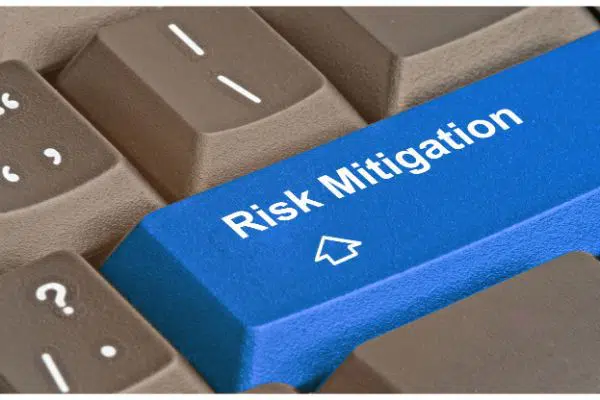The particular manners in which church property disputes arise are as numerous as the lilies of the field. But those that are peculiar to churches (as opposed to the more standard types of property dispute, such as issues that arise concerning payment of property tax, or even in such an ordinary circumstances as the selling or leasing of land) do tend to cluster into some more-common patterns. Sometimes a church will fracture over whether or not to keep a minister, or when a doctrinal issue reveals issues that cannot be reconciled between two congregational factions—and in this event both sides of the dispute may claim the church’s mantle (and hence its property) as their own. Other times a church congregation may choose to split from its denomination, and both the denomination and the newly-formed independent church congregation then claim ownership over the church property. Taken together, the common secular forms of property dispute and those that only happen within religious organizations are among the most likely legal risks for any church.
It must be said: not all property disputes are avoidable, but many are. In order to mitigate the risk of church property disputes occurring, church leadership—on both the denominational and local levels—need to become aware of what their property rights and obligations are. When churches cannot handle these issues on their own as they arise, there is the marked chance that the secular courts will become involved in order to ensure the disputes are finally settled (where the law is concerned, at least).
The best way to manage the risks that can be managed is to engage an attorney ahead of time to help with crafting thorough draft agreements, contracts for leasing and sales, land instruments, and so forth. And before any large act of disassociation—whether from minister or denomination—takes place, it can’t hurt to contact the same lawyer to aid in interpretation of legal documents that may bear on the situation. Naturally the same goes when a more secular form of property dispute arises.
If you need help in any such instance, Provident Law’s church and nonprofit attorneys are here to help. We recognize how essential these organizations are to society, and how important it is that they be able to function efficiently and with as little strain from disputes as possible. We stand ready to counsel and serve by providing broad transactional and general counsel services. Contact us to learn more.


